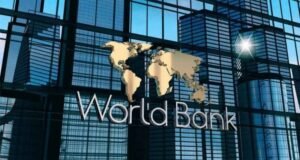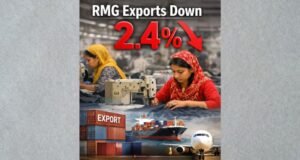
The Supreme Court is poised to rule on the cases of two former City traders jailed for rigging interest rates, amid concerns raised by senior politicians that there may have been a series of miscarriages of justice.
If the traders are successful in their application – which is opposed by the Serious Fraud Office (SFO) – it could lead to the quashing of all remaining convictions secured in nine criminal trials.
Tom Hayes, a former trader at the Swiss bank UBS, became the first banker to be jailed for “rigging” interest rates in August 2015.
He was accused at the age of 35 by the United States Department of Justice and the Serious Fraud Office of being a “ringmaster” of an international fraud conspiracy and sentenced to 14 years in jail.
Together with former Barclays trader Carlo Palombo, he is now awaiting a crucial Supreme Court judgement.
Hayes and Palombo were among 37 City traders prosecuted for “manipulating” the interest rate benchmarks Libor and Euribor, which track the cost of borrowing cash between the banks and are used to set the interest rates on millions of mortgages and commercial loans.
In criminal trials on both sides of the Atlantic from 2015 to 2019, 19 were convicted of conspiracy to defraud and nine were sent to jail.
As they served time, evidence emerged that central bankers and government officials across the world, including a top adviser at 10 Downing Street at the time, had pressured banks such as theirs to engage in very similar conduct to what they were jailed for – but on a much greater scale.
No central banker or government official was prosecuted.
Then, soon after they were released after serving their full jail tariffs, a US appeal court decided such conduct wasn’t a crime after all; nor even against any rules.
The US Department of Justice revoked the charges against Tom Hayes, and the US courts then threw out all similar convictions.
Yet in the UK, they remain convicted criminals.
The Serious Fraud Office, which prosecuted the cases, says the defendants were convicted of conspiracy to defraud and points to a number of previous unsuccessful attempts to overturn convictions at the Court of Appeal.
The Supreme Court’s now being asked to decide if judges were wrong to tell juries their conduct was unlawful.
If it does so, it could lead to the overturning of all remaining convictions, throwing a global 17-year scandal into reverse.
It’s also likely to prompt renewed calls for a public inquiry into evidence of much larger interest rate “rigging” – ordered from the top of the financial system by central banks and governments worldwide.
This is the first time the cases have reached the Supreme Court following public pressure from senior politicians, including former shadow chancellor John McDonnell and former Brexit Secretary David Davis.
They have told the BBC they’re concerned the traders have been “scapegoated” in a scandalous series of miscarriages of justice that runs “deeper than the Post Office”.
They want a public inquiry.
 Weekly Bangla Mirror | Bangla Mirror, Bangladeshi news in UK, bangla mirror news
Weekly Bangla Mirror | Bangla Mirror, Bangladeshi news in UK, bangla mirror news







